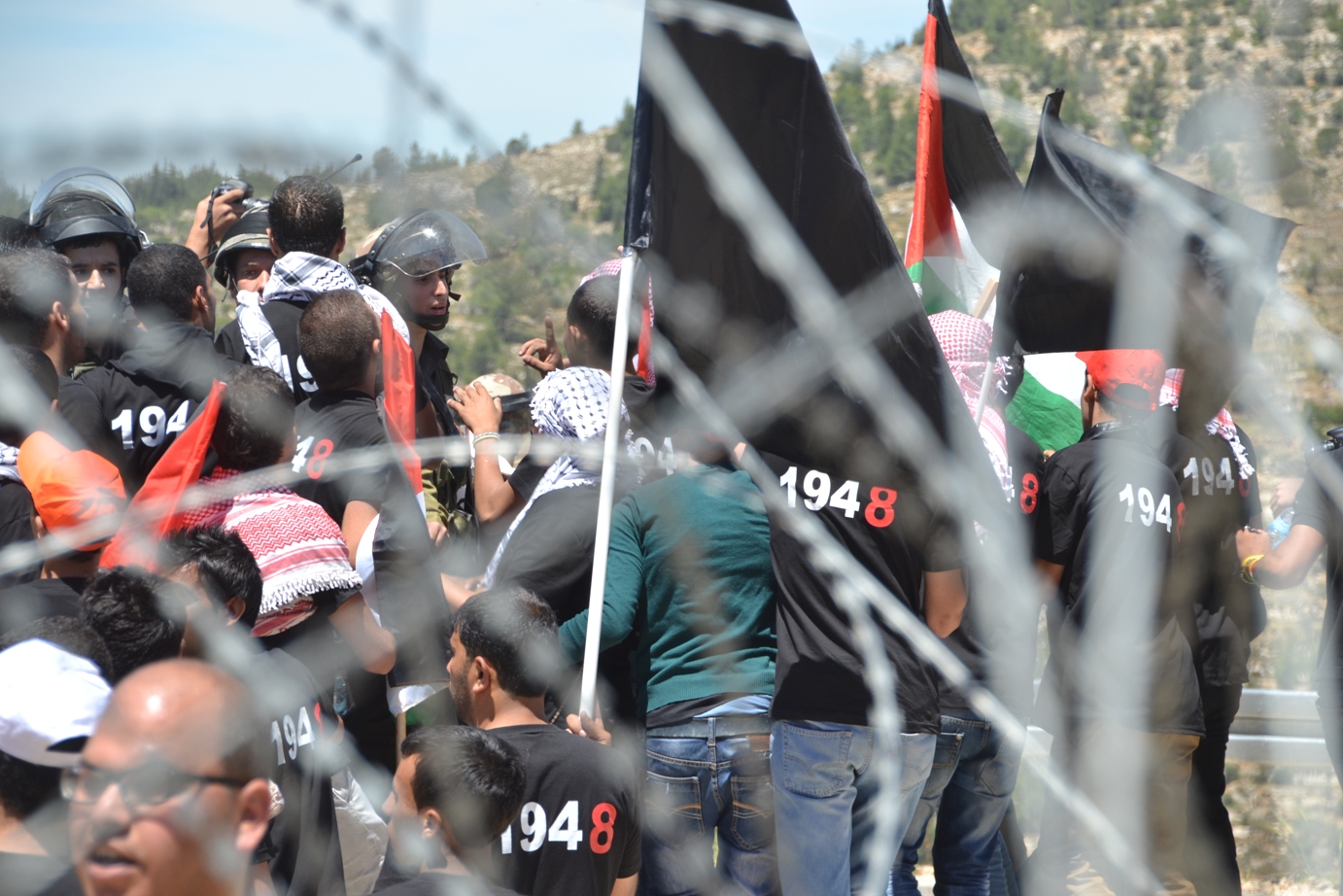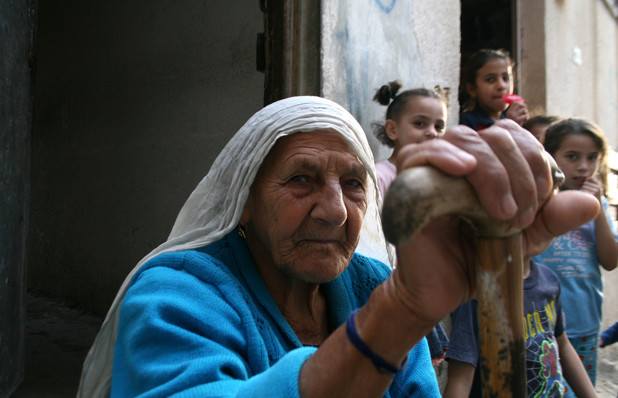Tag: Al Nakba
-
Nakba Day demonstration in Al Walaja: “Al Walaja is one of the symbols of the past and present displacement”
16th May 2014 | International Solidarity Movement, Nablus Team | Al Walaja, Occupied Palestine Yesterday 15th May, villages from Al Walaja marched for their right of return, on a day marking the 66th anniversary of the Nakba (catastrophe in Arabic). The demonstration was met with violent repression from Israeli forces with many tear gas canisters fired…
-
Two more martyrs as the Nakba continues
16th May 2014 | International Women’s Peace Service | Occupied Palestine In commemoration of the 66th annual Nakba day, hundreds of Palestinian youth from the Ramallah district moved against Israeli soldiers outside of Ofer prison in Beitunya. Soldiers retaliated with tear gas, live ammunition and rubber coated steel bullets. During the clashes, soldiers killed two demonstraters, aged seventeen…
-
Gaza researchers determined to record Nakba generation before time runs out
28th October 2013 | The Electronic Intifada, Joe Catron | Gaza City, Occupied Palestine Tucked into a quiet basement suite in the main building of the immaculate Islamic University of Gaza campus, the Oral History Center could at first be mistaken for a bursar or registrar’s office. But its stacks of metal filing cabinets may contain more memories…



